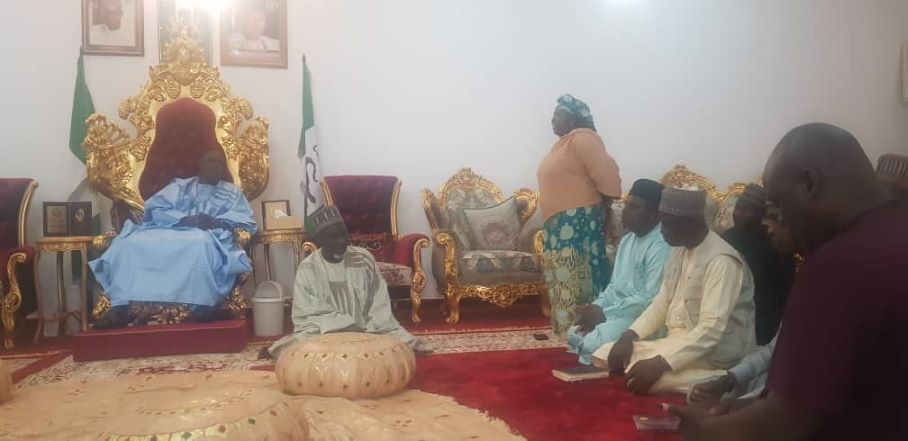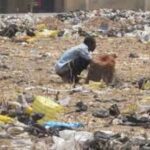By Hassan Zaggi
The United Nation Children’ Fund (UNICEF), has advised Borno state government to “lead and invest more in water, sanitation and hygiene facilities.”
UNICEF Chief of Field Office, North-East Nigeria, Phuong T. Nguyen, gave the advice during a 2-day media dialogue on Open Defecation in Biu, Borno State.
She insisted that for Biu and Shani to maintain their ODF status, key elements of construction of toilets in institutions such as schools, health centres and markets must be sustained.
“Households must be supported to maintain their improved toilets just as access to safe water for households and public institutions must be sustained.

“We must invest more to strengthen sustainability efforts, including sensitization on hygiene services. Communities must be accountable in the protection and maintenance of WASH facilities.
“We must also take solid steps to support more communities in Borno State to become open defecation-free.”
While quoting the 2021 WASHNORM Report, she lamented that only 14 per cent of schools, 12 per cent of health care facilities and 0.4 per cent of public places in Borno State have access to basic WASH services.
Government and stakeholders, she reiterated, must collaborate to improve on this.
“Through the Borno State Rural Water Supply and Sanitation Agency (RUWASSA), UNICEF has been working with Government to improve children’s chances of survival.
“We will continue to strengthen this partnership and deliver for more children and communities,” she said.
The UNICEF Chief said that becoming open defecation-free is a journey, and not a destination, noting that: “There are key elements of this journey that we must maintain.
“These include a sustained access to safely managed water and improved toilets both at the household and institutional levels.”
She warned that open defecation is a threat to child survival, particularly those who live in communities affected by conflict.
“The designation of Biu and Shani as open defecation free is a gift to vulnerable children and families.
“We cannot withdraw this gift. Rather, we must improve on the status quo and extend what has worked here to other communities in Borno State. Indeed, if it is possible in Biu and Shani, it is possible for other communities too.”
On his part, the Emir of Biu, HRH, Alhaji Mustapha Umar Mustapha Aliyu, has charged village, community and family heads in his dormain to be involved in mobilising and providing toilet facilities in their houses.
He gave the charge when officials from UNICEF and the state government paid him a visit in his palace.
The Royal Father also charged residents of Biu to obey and adhere with the rules and provisions of Open Defecation Free (ODF) in order to enable UNICEF and the government achieve their aim.
He, however, assured that all his district and village heads have been mobilized and supported to continue to educate their people on the importance of open defecation free status.



